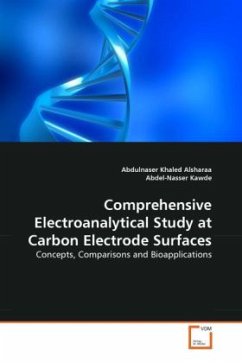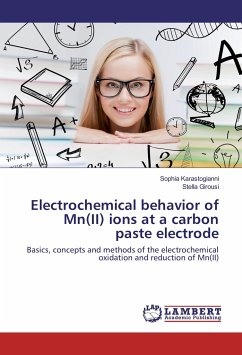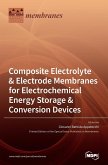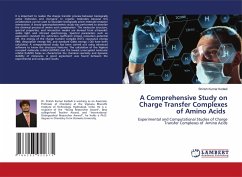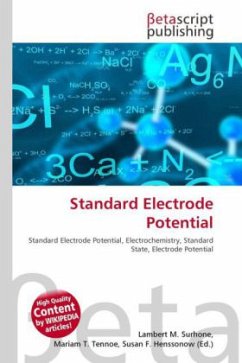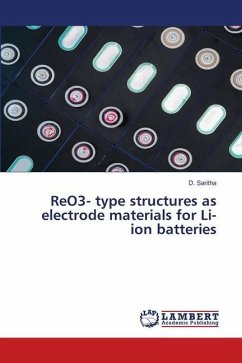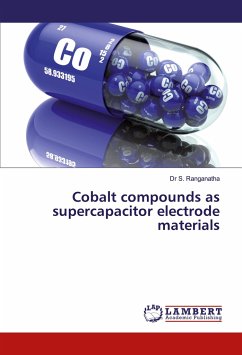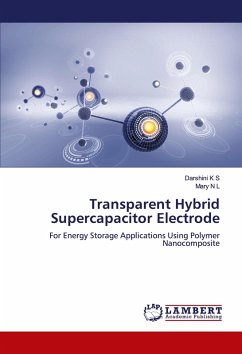Carbonaceous materials have many desirable properties that have attracted their use in electrochemistry especially for electrodes fabrication. For instance, the glassy carbon paste composite electrode is a new electrode that has the electrochemical properties of glassy carbon with the advantages of being a composite electrode at the same time. Glassy carbon paste has many advantages; such as high electrochemical reactivity, a wide accessible potential window, a low background current, inexpensive, and easy to prepare, modify and renew. In this book, the attractive stripping performance of nucleic acid constituents was characterized at different carbon electrode surfaces. Simple, sensitive and reliable electrochemical methods were developed for the investigation and analytical determination of adenine, guanine, adenosine and guanosine. Factors influencing the trace detection of these compounds at carbon electrode surfaces were assessed. The possibility of the detection in biological samples, interference of common organic compounds, and direct determination of ssDNA were tested successfully.
Bitte wählen Sie Ihr Anliegen aus.
Rechnungen
Retourenschein anfordern
Bestellstatus
Storno

